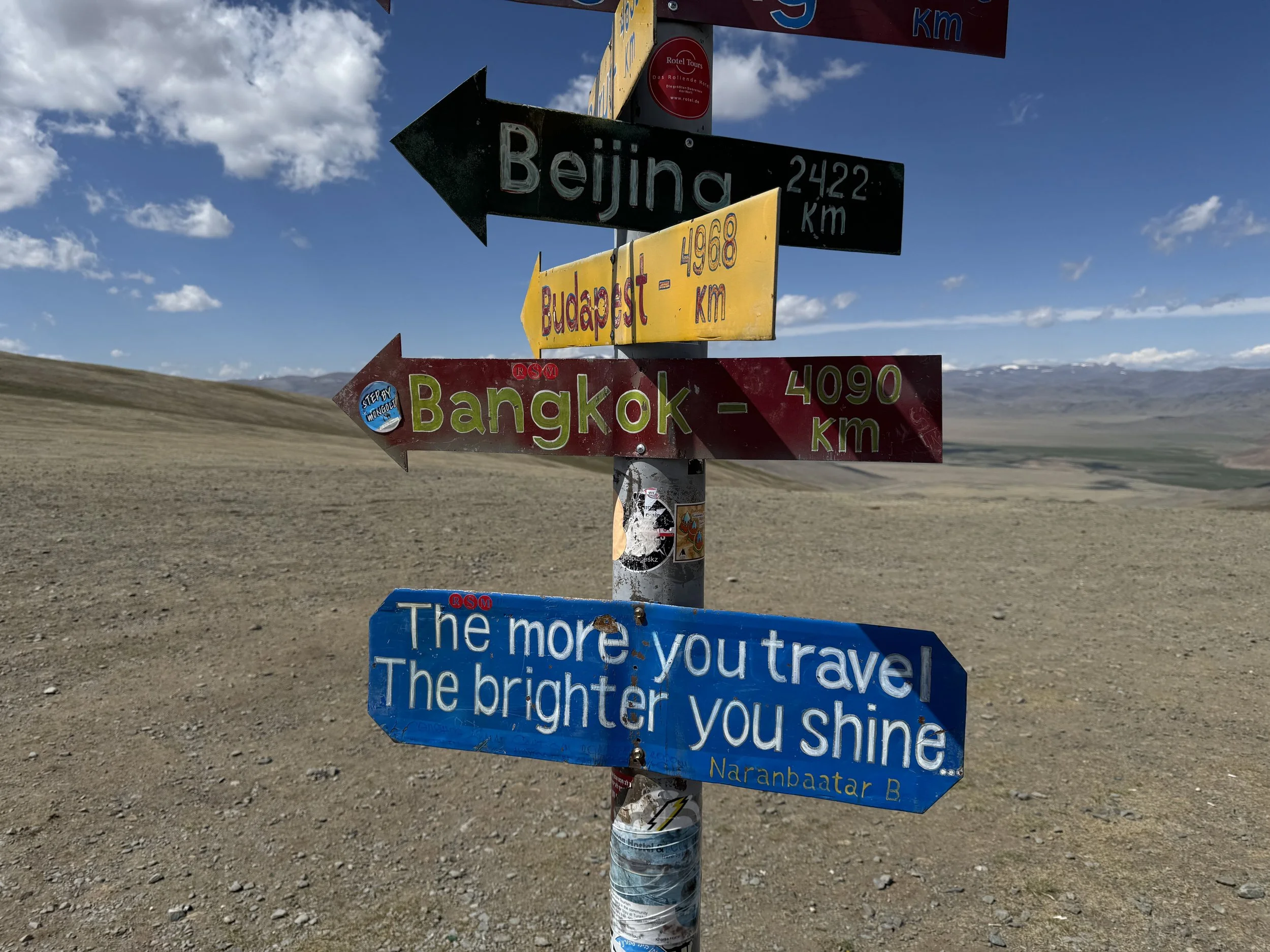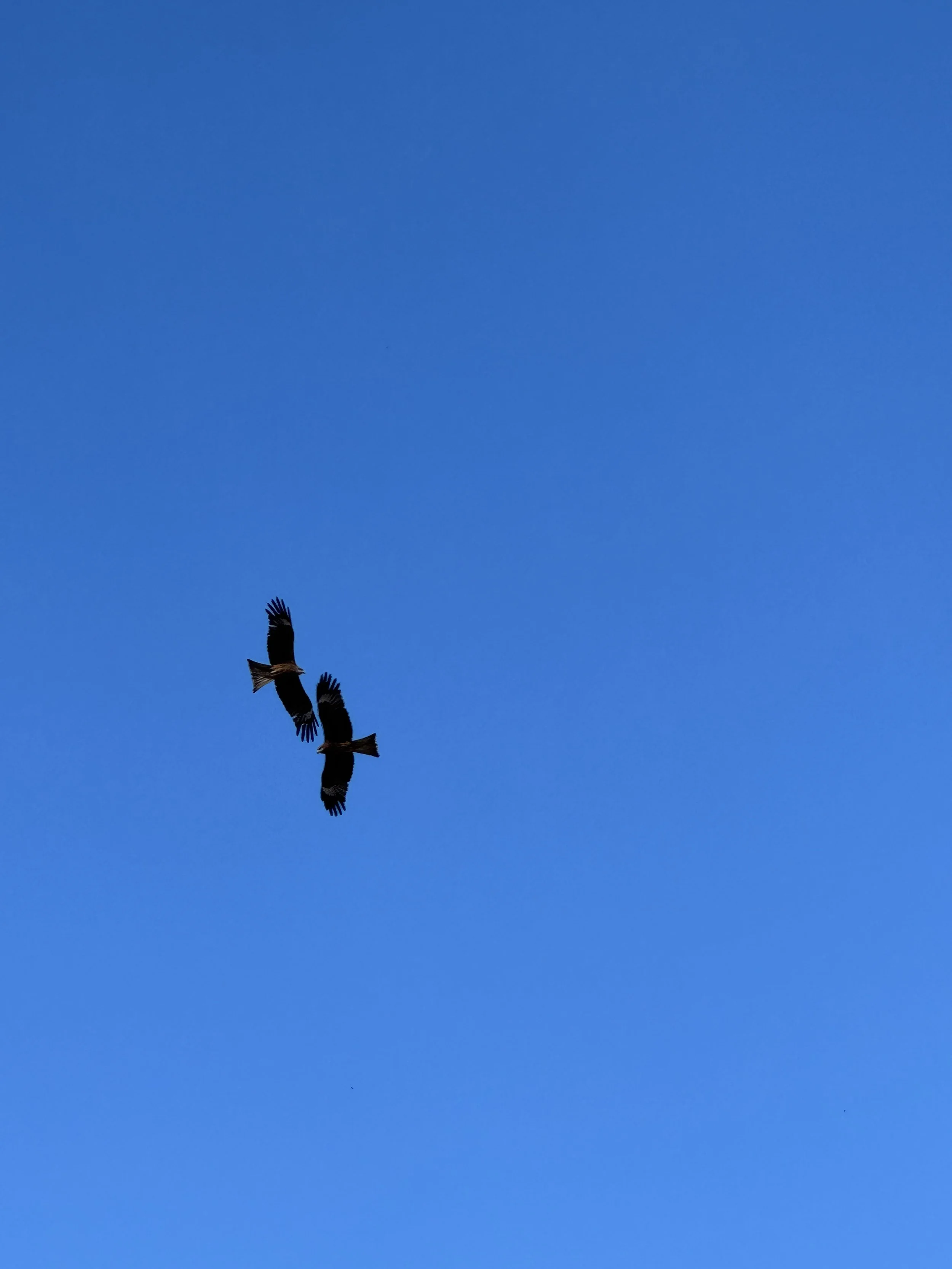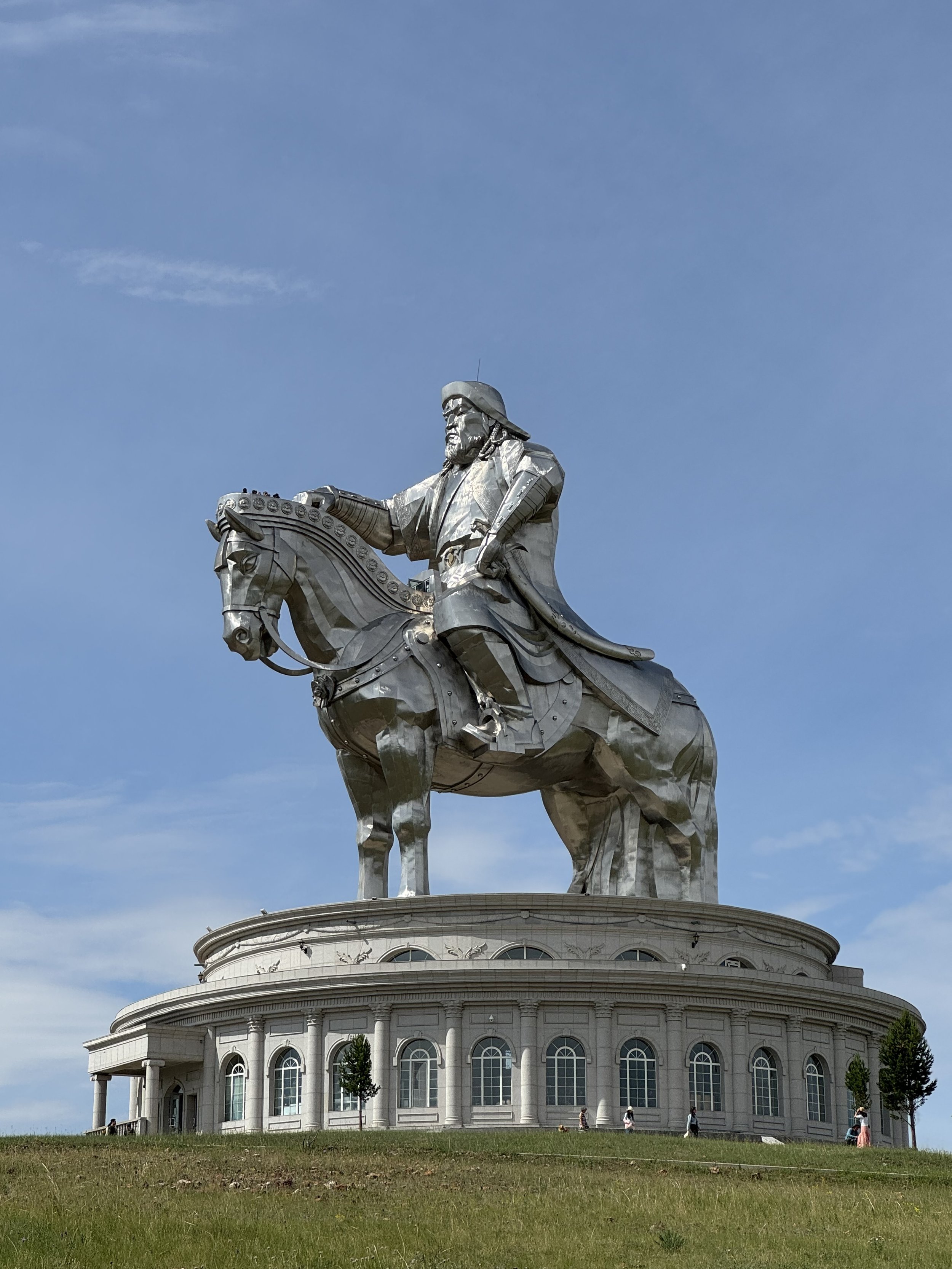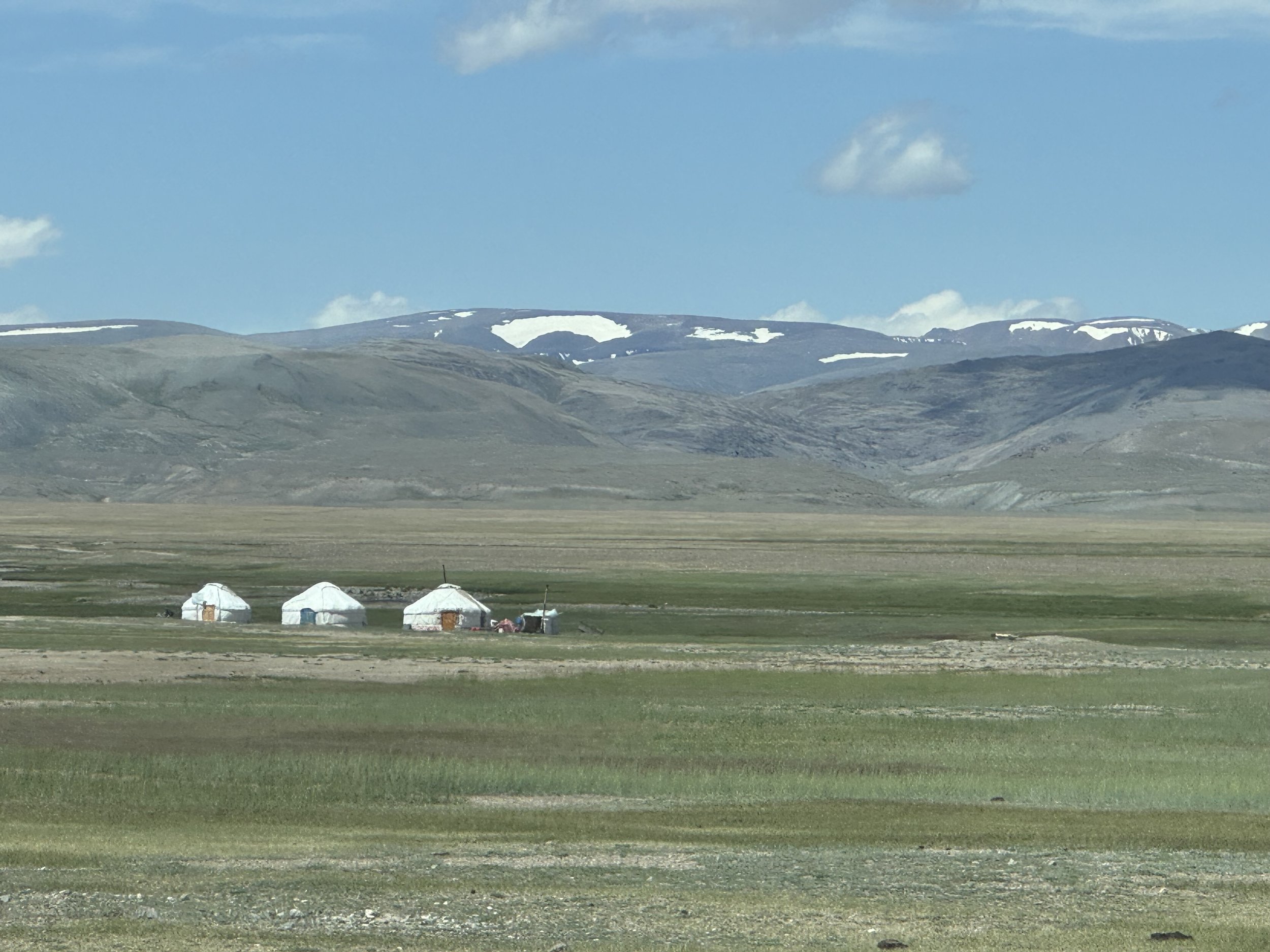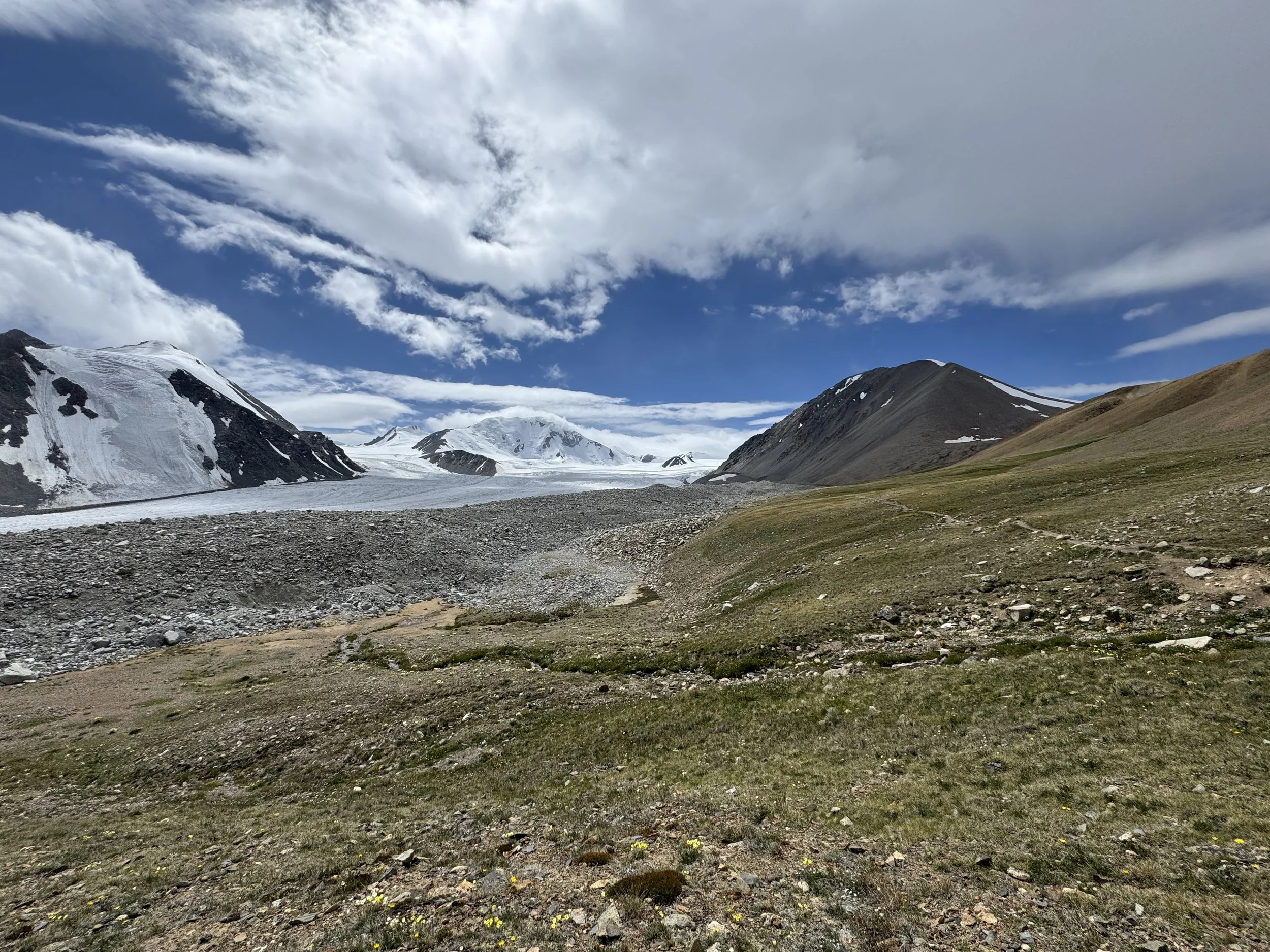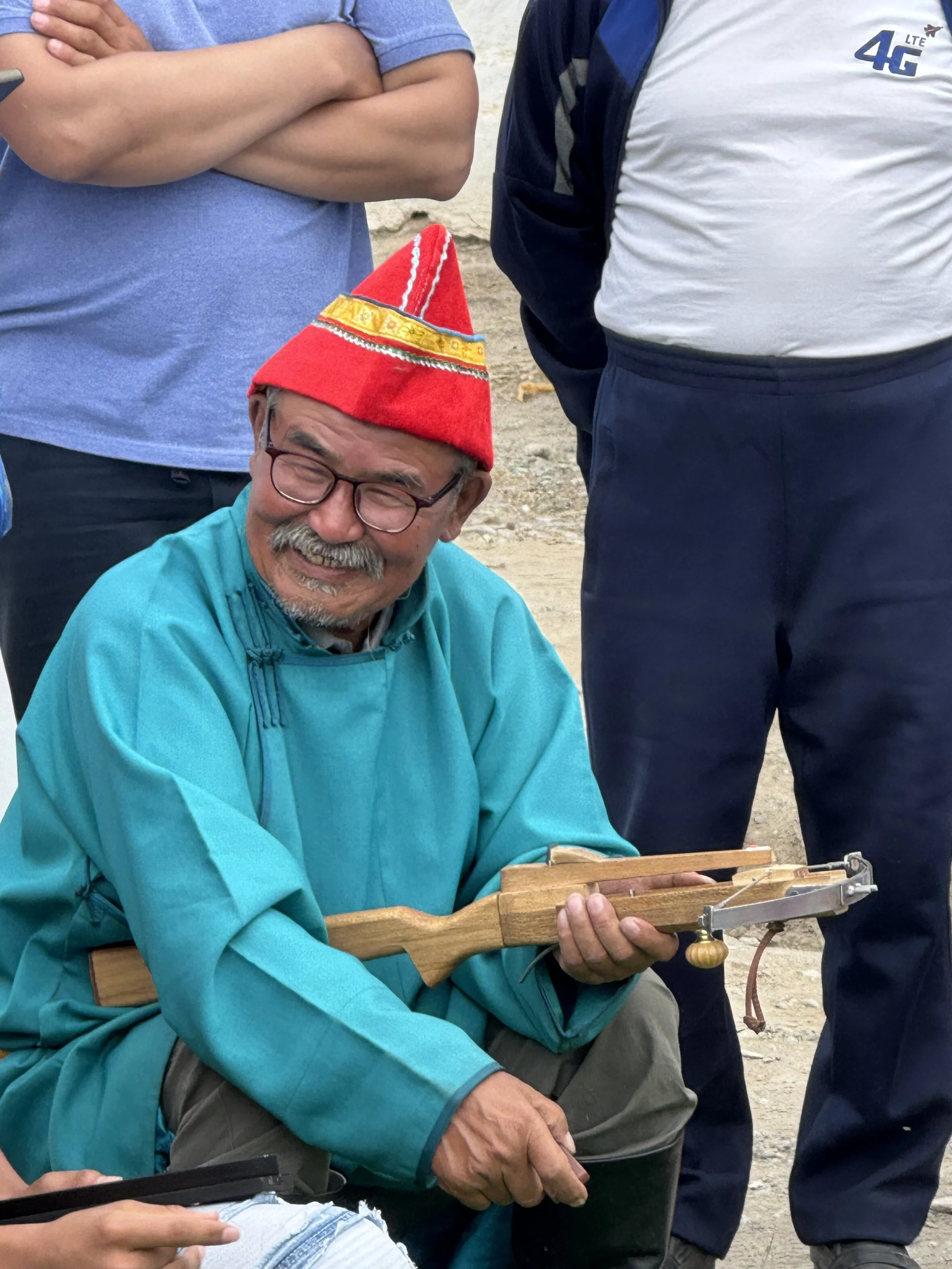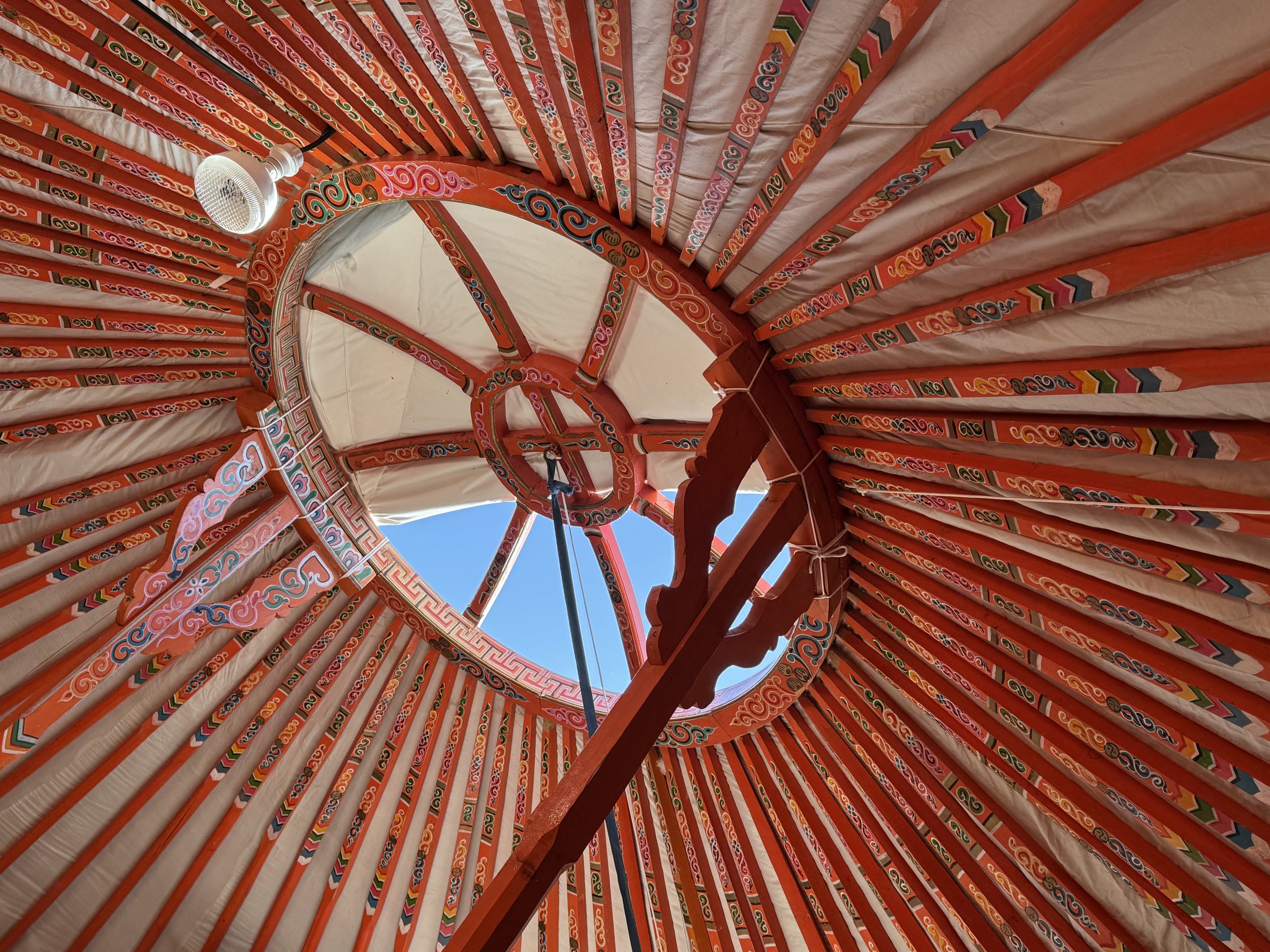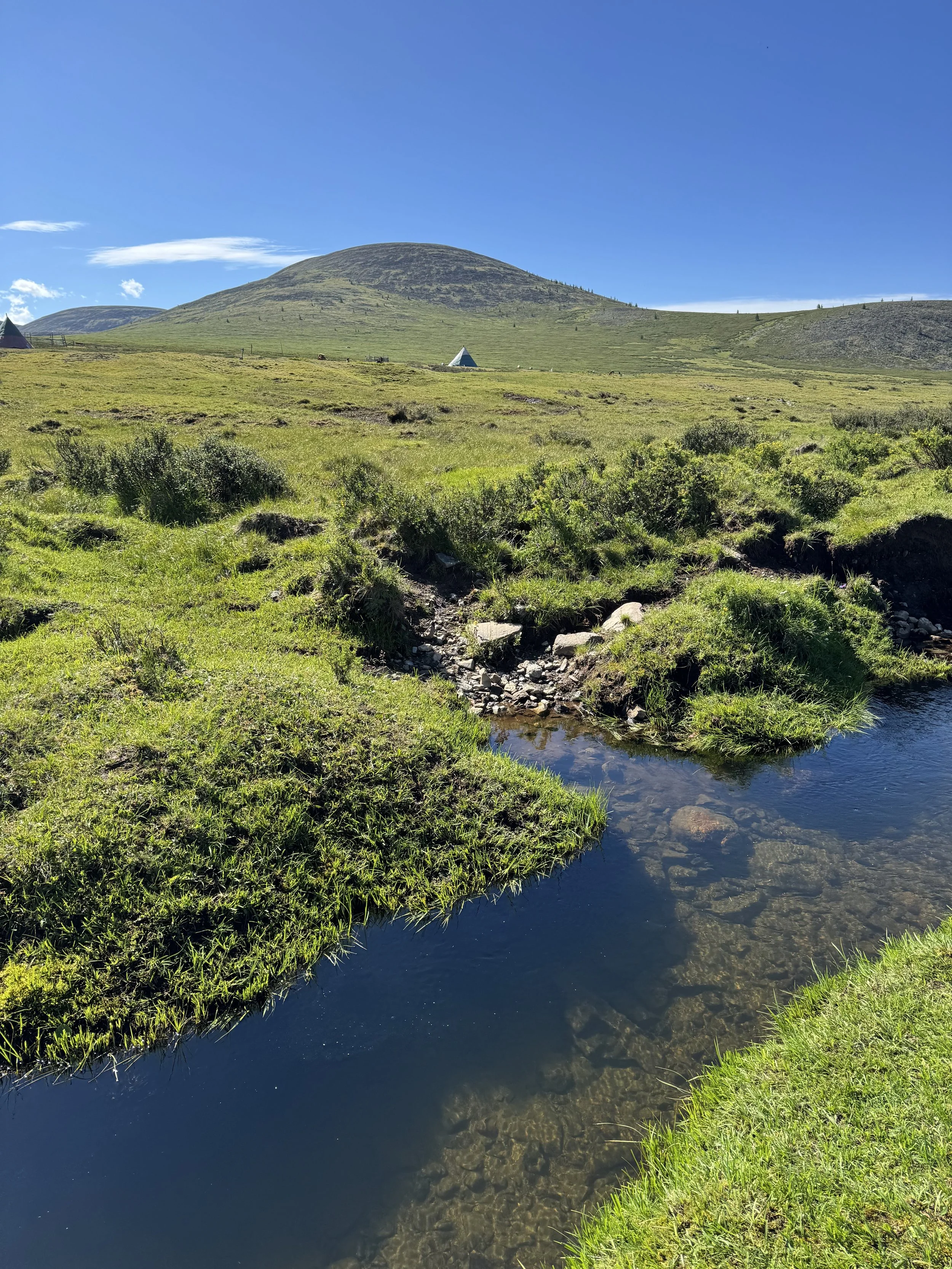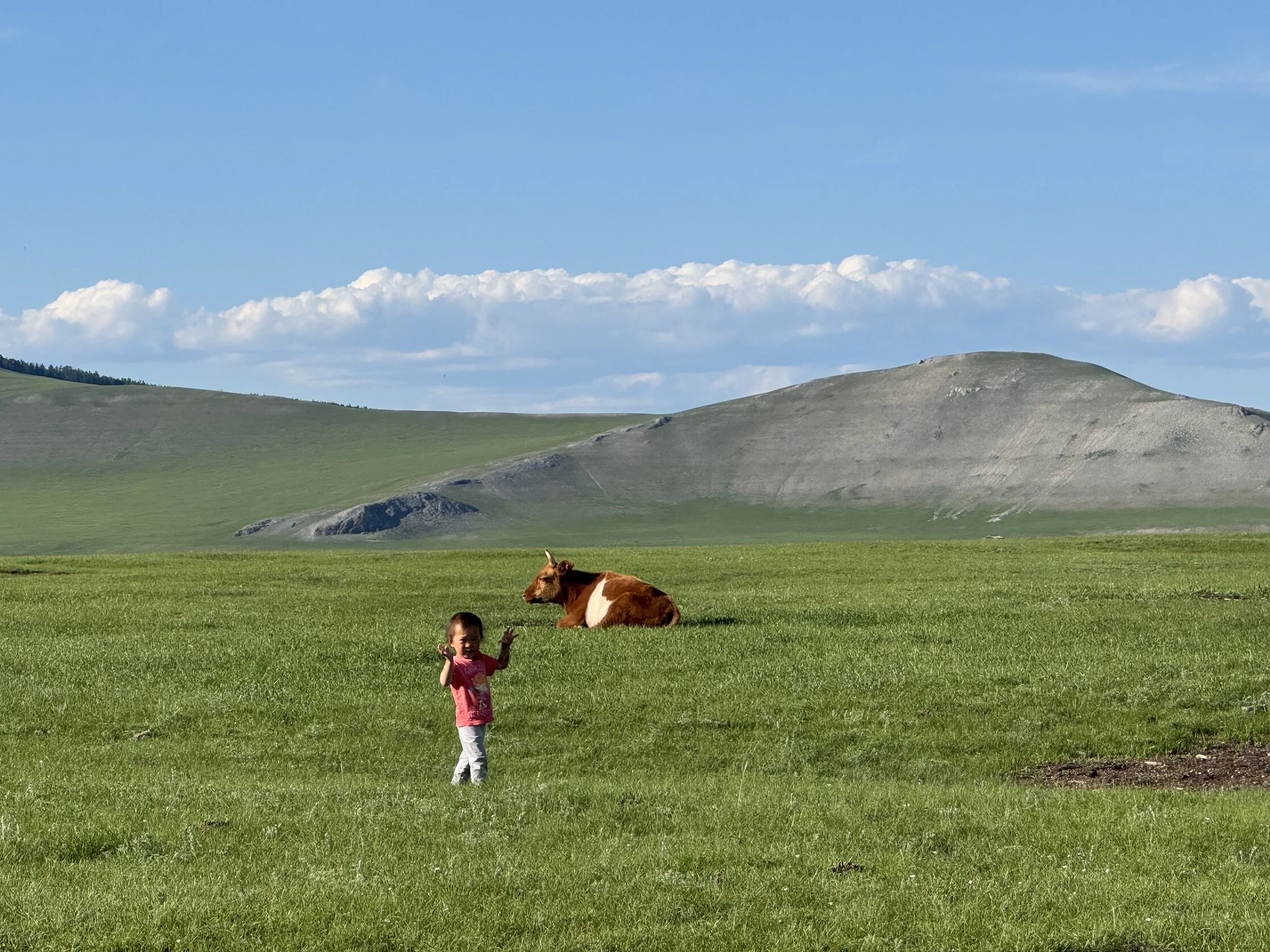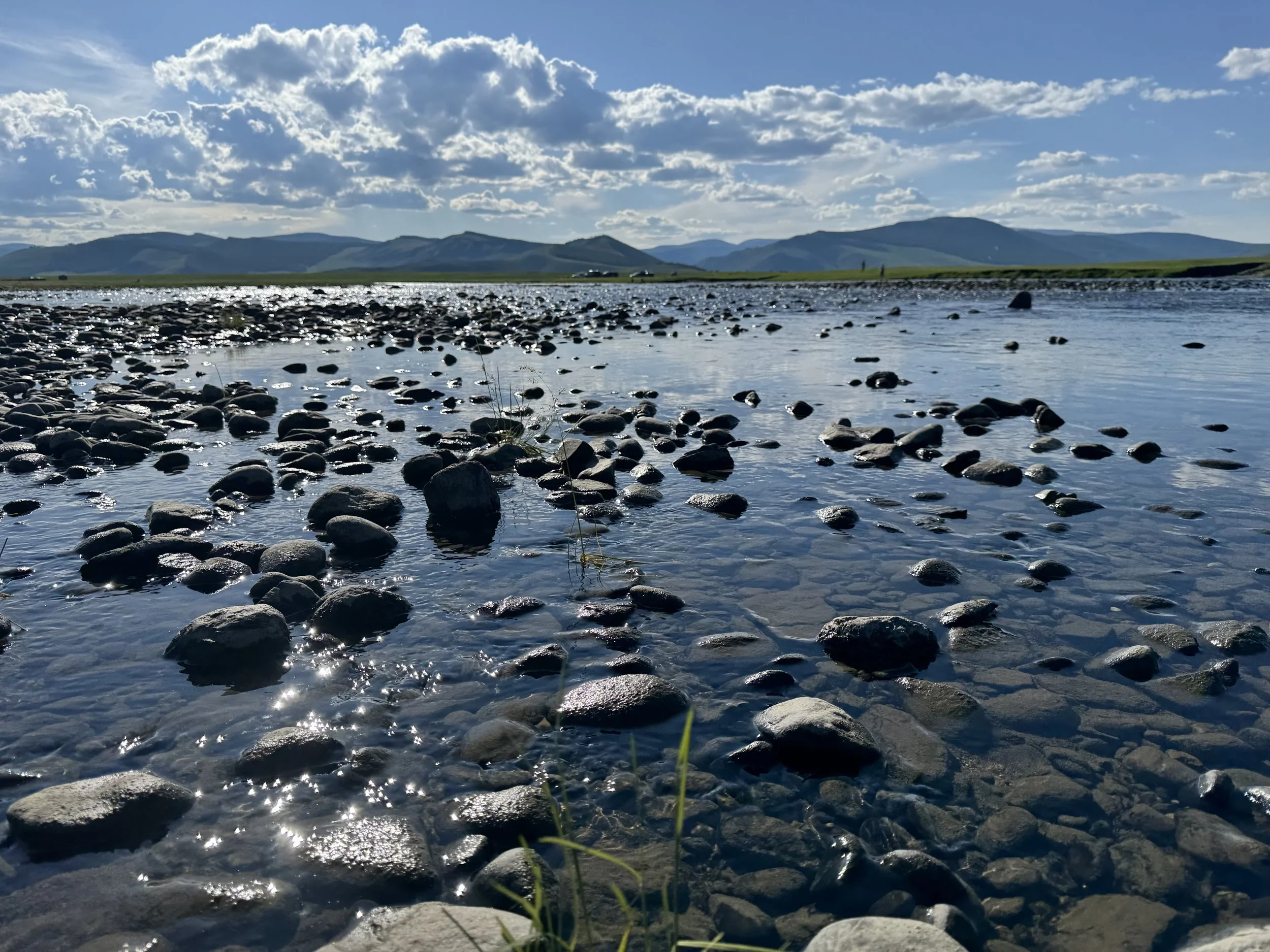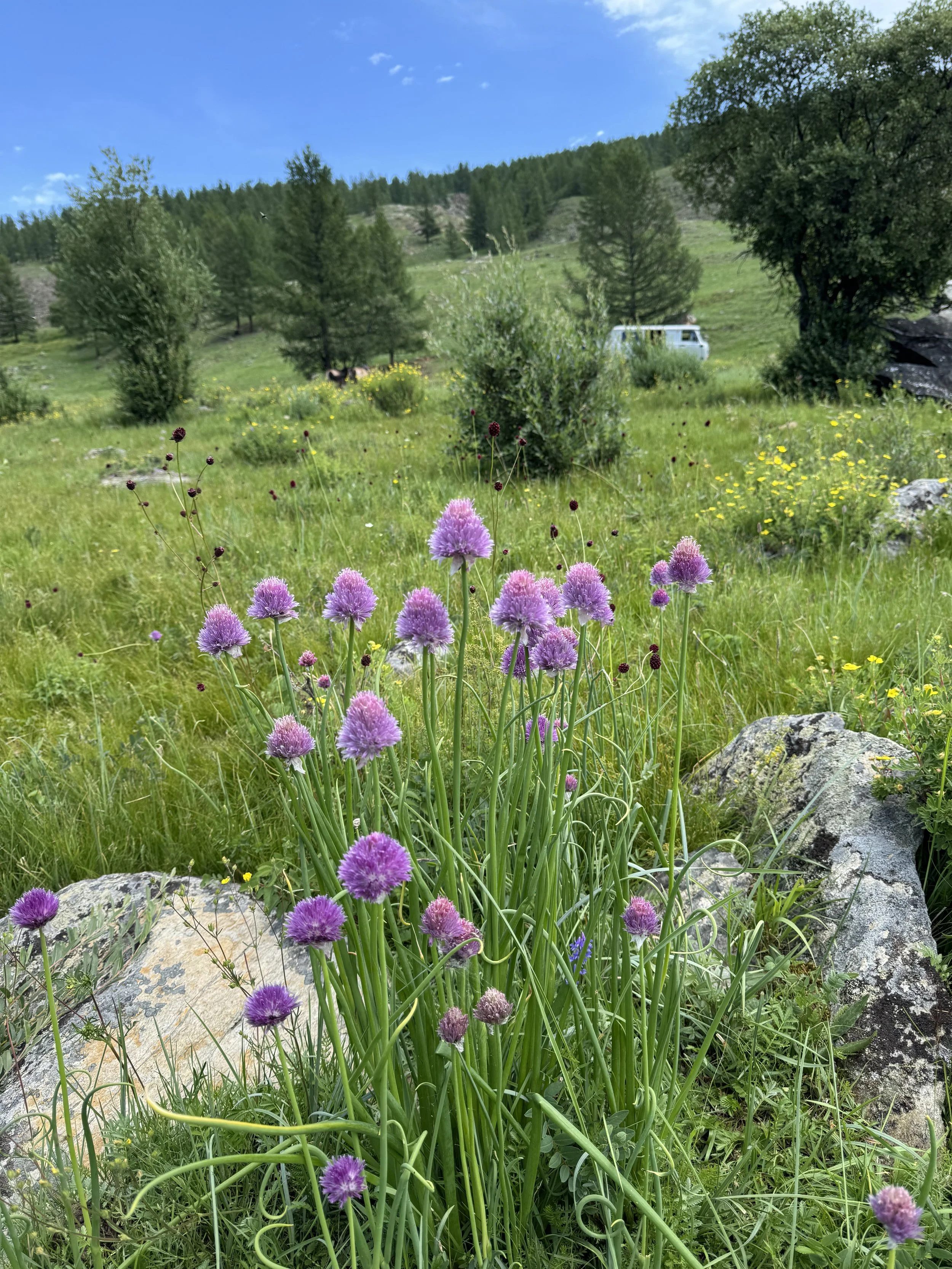Coaching Across Borders - Mongolia: A Return to the Land of the Eternal Blue Sky
Twenty years after my first visit, I recently returned to Mongolia—a land of vast skies, quiet wisdom, and a people who live in close harmony with the natural world. The experience was profoundly moving. I felt the same deep connection that had connected me all those years ago, now enriched by new conversations, reflections, and insights into how Mongolian culture creates space for learning, belonging, and flourishing.
As I travelled through both the western and northern regions of the country, I encountered breathtaking landscapes and even more remarkable people. The physical conditions can be demanding—harsh winters, remote settlements, and a constant need to live in tune with the land. Yet what left the strongest impression was the enduring strength of community and the deeply held cultural values that shape daily life. Mongolian society is rooted in principles that closely align with the core beliefs I hold as a coach: mutual respect, presence, generosity, responsibility, and the honouring of each individual’s contribution.
While in Mongolia, I was fortunate to experience the spirit of Naadam—the country’s most celebrated festival of sport, tradition, and national identity. The festival showcases Mongolia’s historic warrior skills: wrestling, horse racing, and archery. Held every July, Naadam is a profound expression of Mongolian culture, resilience, and heritage. Families gather in colourful traditional dress, horses thunder across the steppe, and the community comes together in a powerful celebration of strength, skill, and shared identity.
What struck me most was how these sports are rooted in daily life. Children learn to ride horses as soon as they can walk. Archery is practiced with quiet focus and reverence. Wrestling is passed down as both a physical and spiritual art. Naadam, in many ways, is a festival of intergenerational learning, where pride in cultural heritage is not only remembered but lived.
As a coach and educator, it reminded me how movement, ritual, and community connection play essential roles in shaping character and confidence. These traditional games develop discipline, courage, and perseverance—qualities that are universally valuable and deeply embedded in Mongolian identity.
In both rural and urban settings, I had the opportunity to listen to local educators speak about the Mongolian education system. One distinctive feature stood out: children often remain with the same teacher throughout their entire primary schooling. This continuity fosters deep, trusting relationships between students and teachers, supporting learning through familiarity, consistency, and shared understanding. It reflects a cultural prioritisation of relational depth over transactional teaching—an ethos that many education systems around the world are now striving to reclaim.
In the far north, I spent time with the Tsaatan—a small, resilient community of reindeer herders in the West Taiga of Khuvsgul province. There, I met Gigi, a spirited one-year-and-four-month-old girl already confidently riding on horseback and reindeer, and helping her grandmother wash and dry dishes. Her quiet independence was striking—and yet entirely typical in this context. In Tsaatan families, children are raised in environments where contribution, capability, and connection are nurtured from the earliest age.
Again and again, I witnessed how Mongolian values are embedded not only in education but in everyday life. Families make time for one another. Strangers are welcomed into gers with warmth and generosity. Milk tea is poured. Space is made. Stories are shared. These moments—quiet, intentional, and deeply human—are vital expressions of how people grow and thrive together.
As a coach, I’m always seeking to understand how different cultures create the conditions for growth. Mongolia reminded me that stillness, presence, and relationship are the soil from which learning takes root. In a world that can feel increasingly fragmented, there is much we can learn from this beautiful country about how to slow down, listen deeply, and lead with respect.

